Bria-IMT’s Early Promise: Biomarkers Signal Path to Personalized Therapy in Breast Cancer
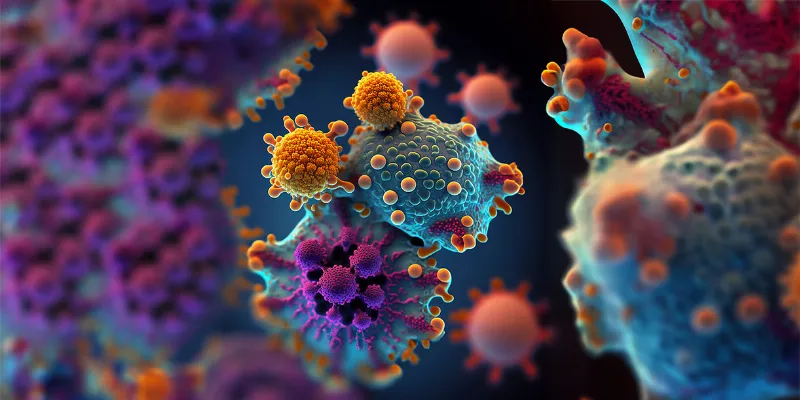
BriaCell Therapeutics presented promising early Phase 3 results of Bria-IMT™—a novel allogeneic whole-cell cancer vaccine for metastatic breast cancer—at the 2025 AACR Annual Meeting. In a 62-patient trial, Bria-IMT showed a median progression-free survival of 3.67 months. Positive biomarkers, including low circulating tumor cells (3.8 vs. 2.4 months) and a favorable neutrophil-to-lymphocyte ratio, were linked to better outcomes.
These results support the potential for personalized immunotherapy, demonstrate that the vaccine-based regimen is well-tolerated, and may lead to FDA approval if confirmed. Most notably, the study identifies early biomarkers that could predict patient response, refine selection, and personalize treatment.
“Using biomarkers as powerful instruments to predict patient responsiveness to the Bria-IMT treatment would allow physicians and oncologists to identify potential responders sooner, providing better clinical outcomes and ultimately extending patients’ lives,” stated Dr Carmen Calfa, Co-Director of the Cancer Survivorship Program at Sylvester Comprehensive Cancer Center, and Principal Clinical Investigator of the study.
Bria-IMT, evaluated under the Bria-ABC trial (NCT06072612), is being tested in patients with advanced MBC who have exhausted standard options. The multicenter, randomized, open-label trial pits the Bria-IMT regimen—alone or in combination with a checkpoint inhibitor—against treatment of physician’s choice. The findings are based on a growing dataset of 62 patients with a median of six prior lines of treatment, reinforcing the drug’s potential in a heavily pretreated population.
Decoding Response: The Rise of Biomarkers
Three biomarkers have emerged as early indicators of response and prognosis:
- Delayed-Type Hypersensitivity (DTH): A positive DTH response following inoculation was significantly correlated with longer progression-free survival (PFS)—4.5 months versus 2.5 months (p = 0.001). This local immune reaction may act as an external proxy for systemic immune engagement, echoing early vaccine response paradigms seen in infectious disease models.
- Neutrophil-to-Lymphocyte Ratio (NLR): Patients with low NLR values—a surrogate for reduced systemic inflammation—demonstrated improved PFS outcomes (p = 0.02). This aligns with mounting evidence that systemic inflammation impairs antitumor immunity and predicts poor prognosis in solid tumors.
- Circulating Tumor Cells (CTCs): The presence of CTCs post-treatment was associated with significantly shorter PFS (3.8 vs. 2.4 months, p = 0.04), reinforcing their role as a negative prognostic marker. Importantly, the data suggest that the persistence of CTCs may reflect ongoing immune evasion despite therapy, providing a noninvasive window into treatment resistance.
Collectively, these markers offer a suite of candidate tools to pre-select or dynamically monitor patients during immunotherapy—a concept long sought in oncology but rarely achieved with such clarity this early in a Phase 3 trial.
Safety and Feasibility
Equally notable is the tolerability of the Bria-IMT regimen. No patients discontinued therapy due to adverse events, and the most common side effects—nausea, constipation, injection site reactions, and headache—were generally mild. Notably, no cases of interstitial lung disease or serious immune-related adverse events were reported.
“The clinical data demonstrates the potential use of certain key biomarkers to predict MBC patients’ clinical response to the Bria-IMT regimen,” noted Dr Giuseppe Del Priore, BriaCell’s Chief Medical Officer. “We will continue to evaluate these findings as we advance our goal of treating this serious disease.”
Enrollment in the Bria-ABC trial is ongoing, with 57 clinical sites active across the United States for breast cancer. The final analysis will assess overall survival, response rates, quality of life, and CNS progression-free survival—critical endpoints. In an era increasingly defined by personalized oncology, these data offer a pragmatic and potentially transformative approach: matching patients not only by tumor subtype, but also by immune readiness and biological profile.
Rewiring the Immune System
Bria-IMT™ is a genetically engineered human breast cancer cell line designed to mimic immune cell functions. Central to its design is an immunologic strategy: the vaccine uses modified whole tumor cells that secrete GM-CSF, a potent immune stimulant. Administered intradermally with localized interferon and cyclophosphamide preconditioning, it aims to convert “cold” tumors into “hot” ones, enhancing immune recognition in tumors with low mutational burden and high immune evasion.





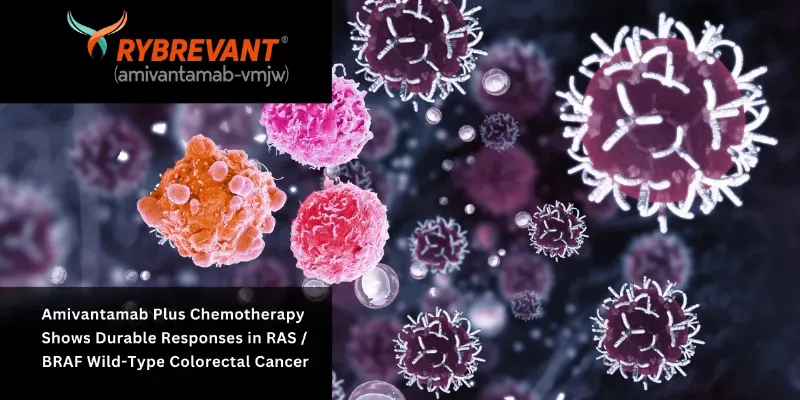
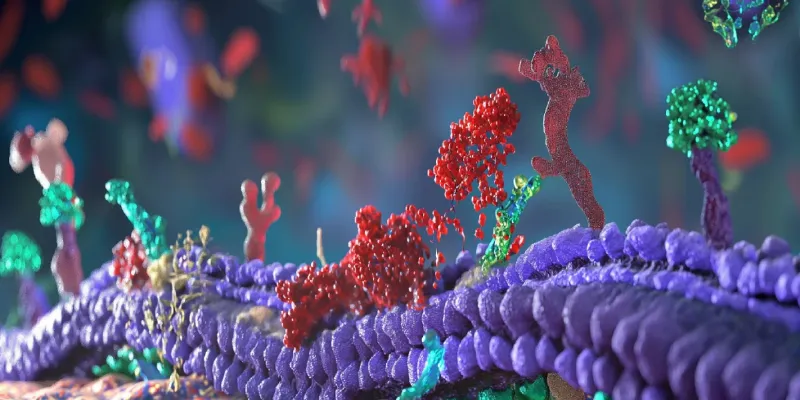
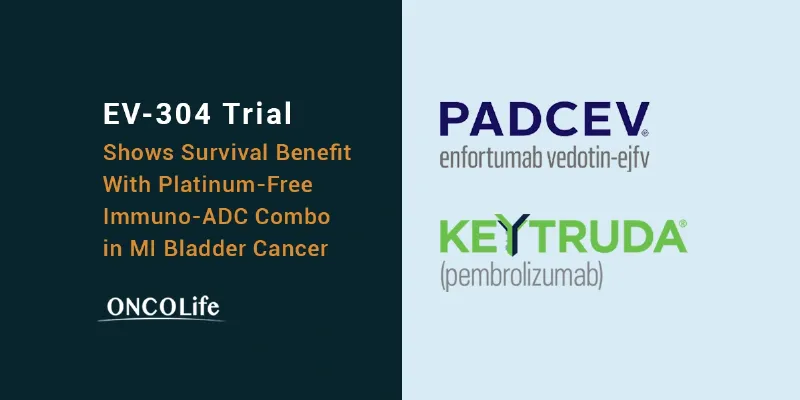
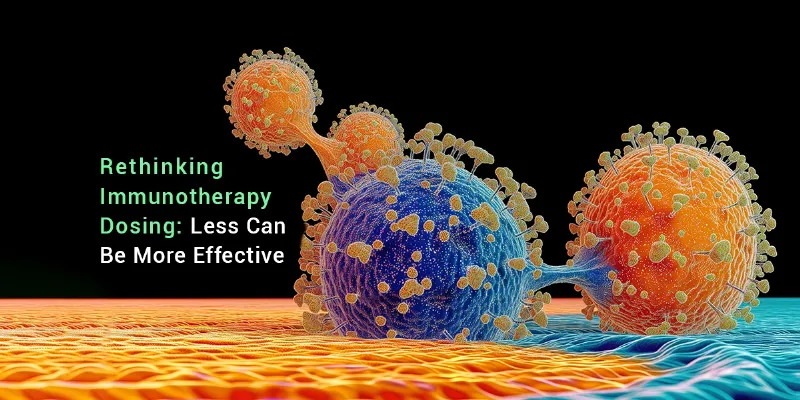
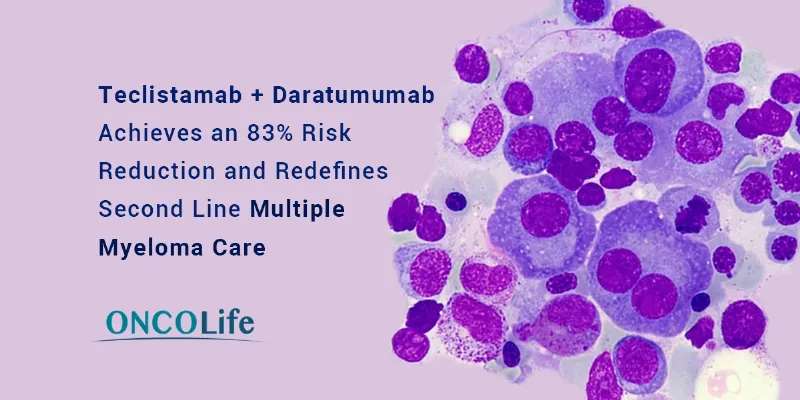
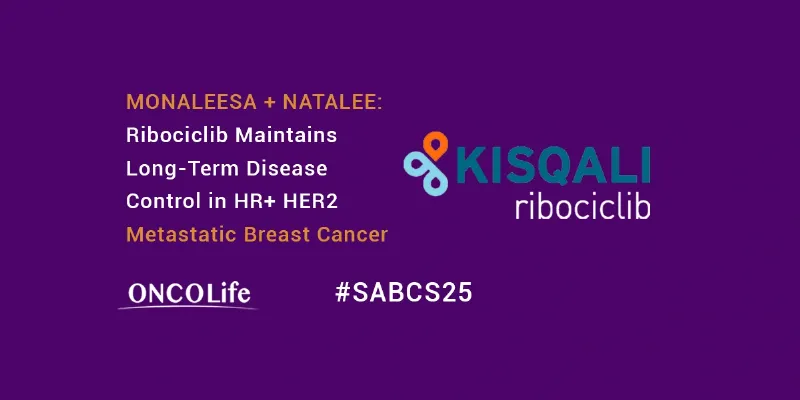
Comments
No Comments Yet!